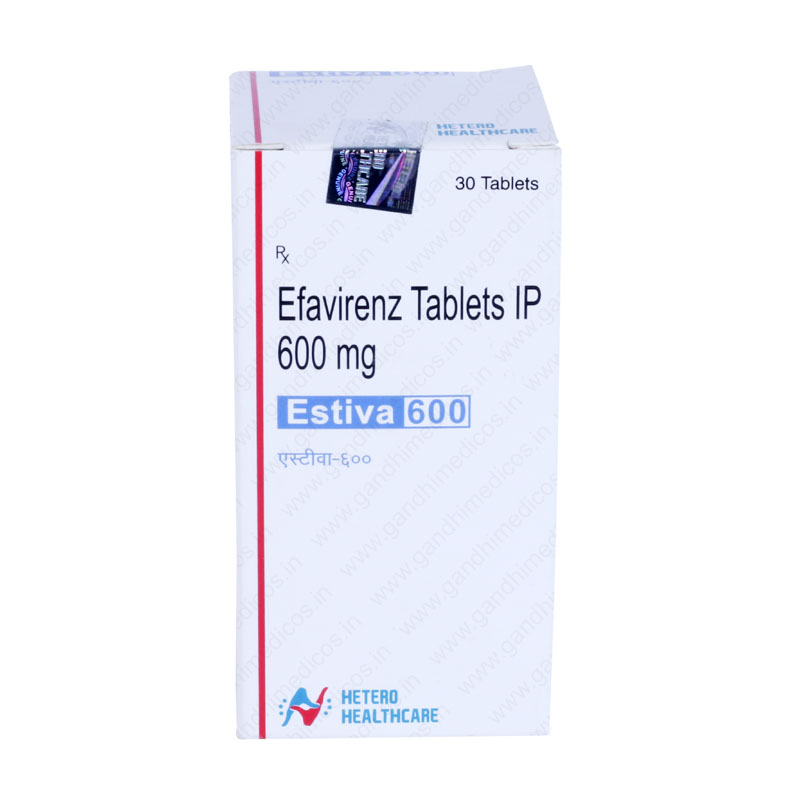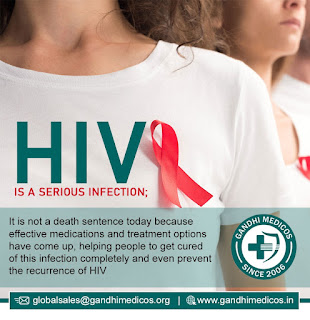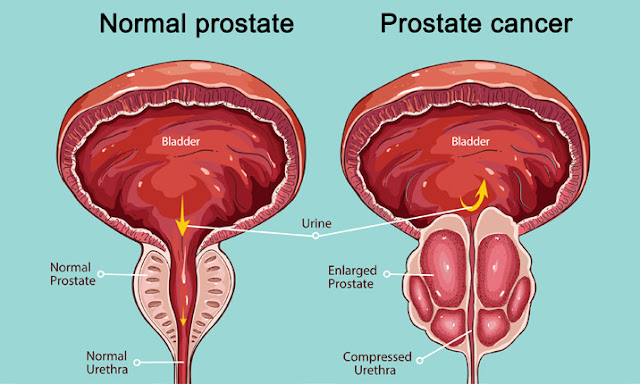Why is HIV not a Death Sentence?
ART, or antiretroviral therapy, is the most effective treatment for HIV and AIDS. These are the medicines that are recommended for people who are living with HIV infection. Although these medicines do not completely cure the infection, they will help you manage and control this chronic infection properly. With the help of these medications, it is possible to prevent the risk of spreading HIV to the body's other organs. Effective drugs like efavirenz 600 help reduce the viral load in your body and give your immunity system a good chance to recover completely. Although there may be a virus in your body, your immunity system will become strong enough to fight against HIV-associated cancer and infections easily. It also prevents the risk of the virus to transmit to others. You’ll get to know all the details like efavirenz price from your nearby pharmacy.
Viral eradication and treatment-free remission
Today treatment options and drugs like efavirenz 600mg have come up due to the advancement of medical science, which is helping people control and treat their HIV infection. Infected people who take ART medications regularly can reduce the viral load in their bodies and make them reach to undetected level. This helped them to live a healthy and long life. Early detection and treatment will allow people to reduce the risk of transmitting the virus to others. Even though there is no permanent cure for HIV, scientists hope a drug can be possible. Viral eradication and treatment-free remission are the two potential cures for HIV. Many people who cannot take ART can get cured of HIV through a treatment-free remission process.
Treatment-free remission is when the virus gets controlled without taking ART drugs. Today many therapies are in research and sturdy so that HIV can be handled without taking ART daily. This includes therapeutic vaccines and medicines. Viral eradication is another possible and potential HIV cure, also known as sterilizing treatment. As per scientists, this process requires drugs that help to signal and kill the virus.
Researchers are developing gene editing, a new technique for managing and curing HIV infection. This process requires inserting HIV protective mutation into the genes. HIV positive is not always a virtual death sentence as it was in the earlier days.

Conclusion
New treatments have come up, helping HIV-positive people manage the infection and prevent advancing their illness into chronic conditions and AIDS. With the right treatment plan, Estiva 600, medical care, and a healthy lifestyle HIV positive people are living productive and long lives today. HIV PrEP, as well as PEP medicines, are highly effective medicines, and some of them also help in preventing HIV infection. Pre-exposure prophylaxis or PrEP is recommended for people who do not have HIV but are at higher risk of developing HIV infection in their bodies. On the other hand, post-exposure prophylaxis, or PEP, is suggested for people exposed to HIV.



Comments
Post a Comment